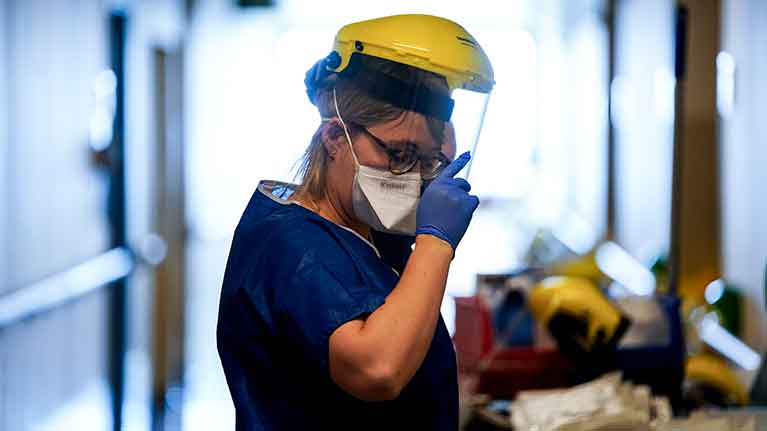If you work in healthcare, you may be interested in knowing about workers’ comp. In fact, healthcare workers experience more work-related injuries and illnesses than workers in factory jobs or the building trades. However, you might not know about workplace violence or COVID-19, an occupational disease that can cause devastating health effects. To understand what Workers’ comp for Wilkes-Barre, PA healthcare workers need in order to file a workers’ comp claim, read on! The article also discusses the importance of medical reports in a workers’ compensation claim.
In the United States, about 2.8 million people suffered from occupational diseases and injuries in 2018, according to the Bureau of Labor Statistics. Current surveillance methods may underestimate the overall prevalence of occupational diseases and injuries, but some research shows that workplace exposures may cause or exacerbate the occurrence of certain health problems. According to a study published in the journal Occupational Health, more than four million people experience a health problem at work in their lifetime.
Workplace violence affects healthcare workers
While violence against healthcare workers isn’t a new phenomenon, it’s one that continues to escalate. While it isn’t the only profession affected by workplace violence, healthcare workers are disproportionately affected. Anger and harassment against healthcare workers are especially common among emergency department (ED) personnel. The number of violent incidents in this sector almost doubled in one year. In some cases, violence against healthcare workers can lead to severe psychological and physical consequences.
COVID-19 is an occupational disease
In Europe, the Advisory Committee on Safety and Health at Work (ACSH) is a body composed of health professionals and employers. Its members agreed to include COVID-19 on the list of occupational diseases. It also supported its recognition as an occupational disease for healthcare workers in a pandemic context. However, it is not yet recognized as an occupational disease in other countries. Despite the growing concern about COVID-19, the EU aims to make it a part of its list of occupational diseases.
Medical reports are required for workers’ comp claims
The law mandates that healthcare workers be provided with medical reports upon request. The health care provider is not allowed to deny treatment in exchange for receiving a report. The medical report must address the work-related illness or injury and the employee must obtain treatment at the participating health care provider. Workers’ compensation requires a medical report in order to determine the level of compensation. In some cases, a medical report is required to obtain lost wage benefits.
COVID-19 is covered by workers’ comp
While some states require employers to extend this coverage to their employees, North Carolina is the only state that does not. The state’s Bureau of Workers’ Compensation does not require employers to extend coverage to healthcare workers. In order for employers to receive coverage for COVID-19, they must demonstrate that their employees are at a higher risk of contracting the disease than the general public. While this is unlikely to be the case in many cases, it is a possible option for employers in North Carolina.
PTSD affects healthcare workers
The legal definition of PTSD varies by state, but in general, workers’ compensation laws cover this mental disorder. Mental health conditions, such as PTSD, are considered “work-related” injuries, and the workers’ compensation system may cover them if they are at least 50% related to their occupation. The new California law, signed by Governor Gavin Newsom on January 1, presumes that first responders have PTSD related to their jobs. The new law eliminates the need to prove that the PTSD was more than 50% work-related, as required by state law.


